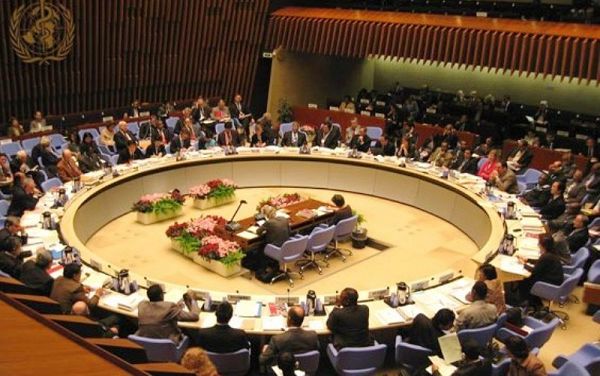
Noguchi Institute initiative needs the support of all
The World Health Organisation (WHO) mentions over 40 countries in Africa and Central and South America where yellow fever is either endemic or have regions where the disease is endemic.
Although Ghana has, over the years, put measures in place to promptly detect the disease and control infection and spread, it still poses danger to the country.
Advertisement
The seriousness of yellow fever cannot be overemphasised. That is why many countries require proof of vaccination against the disease before they will issue a visa, particularly if the traveller is coming from or has visited yellow fever-endemic areas.
This can very much be appreciated when viewed against the backdrop that the outbreak of yellow fever in the past disrupted economies and development and, in some cases, decimated populations.
The Daily Graphic recognises that yellow fever can lead to serious fatalities because once contracted, the virus incubates in the body for about three to six days.
Interestingly, many people do not experience symptoms but the disease can enter a second phase which is more toxic, with about half of patients who enter the second phase dying within seven to 10 days.
We note that although Ghana requires yellow fever vaccination for peoples arriving from countries with risk of transmission, its generally porous borders do not make it foolproof against the spread of the disease from endemic countries.
It is in connection with this that the Daily Graphic applauds the Noguchi Memorial Institute for Medical Research (NMIMR) for its initiative to set up a consultative group and a $1-million endowment fund to help advance research not only into yellow fever but also other biomedical areas.
As rightly pointed out by Professor Abraham Kwabena Anang, the Director of the institute, although the disease had been subjected to some control over the years, evidence of its rise globally and especially in Africa and West Africa made the initiative very laudable.
We encourage the NMIMR to follow its plan to its logical conclusion in order to set up the fund to accomplish the purpose for which it is being set up.
We note the numerous achievements of the institute since its establishment in the area of research into communicable and non-communicable diseases and providing high-end laboratory, diagnostic, monitoring and surveillance services in support of national public health.
As we urge the institute on in its initiative, we call on corporate Ghana, well-to-do individuals, philanthropists and multinational organisations to rally behind the ingenuity of the institute and assist it to achieve its target.
We also ask the NMIMR to coordinate very effectively with the Ministry of Health and the Ghana Health Service to take interest in disease reporting, as under-reporting can seriously derail efforts already made to tame especially yellow fever.
We note the WHO report that says the true number of cases, especially of yellow fever, is estimated to be 10 to 250 times what is now being reported.
Our hope is that the realisation of setting up the fund and the consultative group will place the institute in a better position to continue to contribute its quota to improve the health and well-being of Ghanaians and other nationals through its quality research activities, especially these days of the outbreak of deadly diseases such as Ebola and dengue fever.



